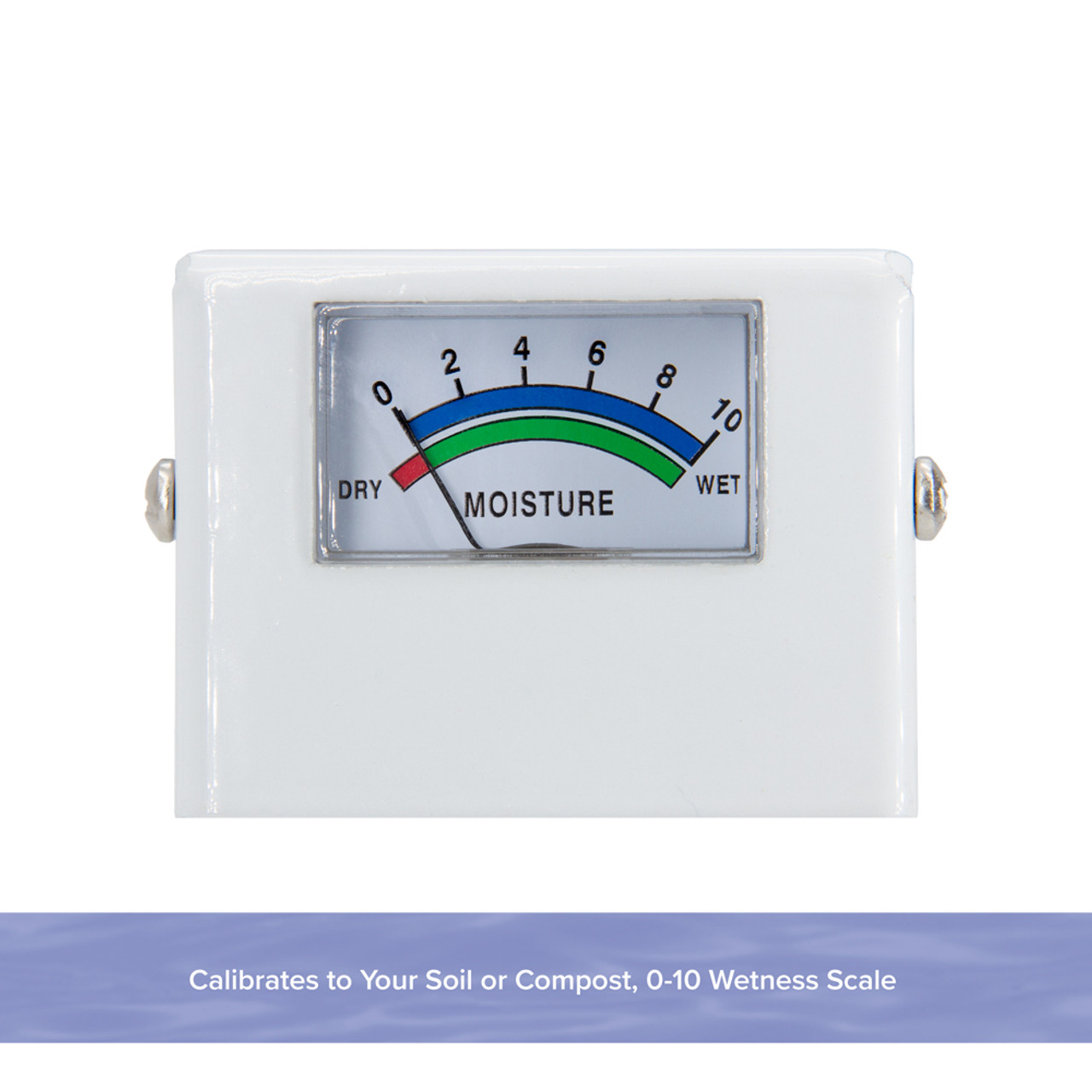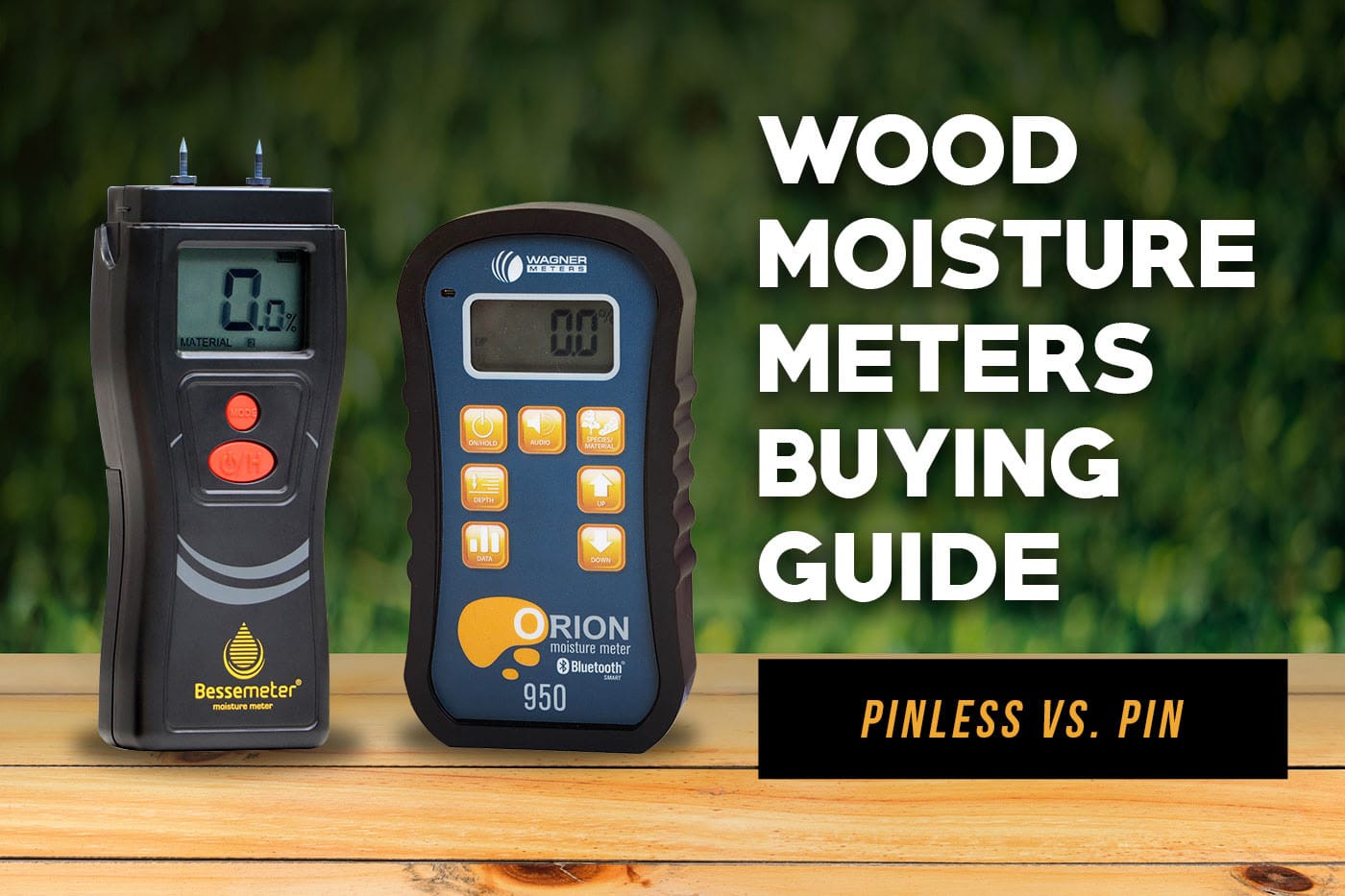Exactly how to Utilize a Moisture Meter to Identify Hidden Water Damages in Your Property
Exactly how to Utilize a Moisture Meter to Identify Hidden Water Damages in Your Property
Blog Article
The Ultimate Guide to Wetness Meters: A Comprehensive Review and Just How They Can Save You Cash
In the realm of building maintenance, building, and different markets, the significance of properly determining moisture degrees can not be overstated. Dampness meters act as important devices in identifying and keeping an eye on moisture content in products, aiding in protecting against costly problems and ensuring the high quality of items. Comprehending the subtleties of different kinds of moisture meters, their applications, and the possible cost-saving benefits they supply can be a game-changer for experts and companies alike. Uncovering how these devices can not just streamline procedures but likewise add to monetary savings is a trip worth embarking on.
Kinds Of Moisture Meters
One common kind is the pin-type dampness meter, which gauges the electric resistance in between two pins inserted into a material. Pinless wetness meters, on the other hand, usage electro-magnetic sensing unit plates to scan a larger location without creating damages to the material's surface.

Furthermore, there are also specialized wetness meters developed for particular materials like hay, grain, or soil. These meters supply exact wetness analyses customized to the unique homes of the material being checked. Infrared moisture meters gauge the thermal residential properties of a material to identify its moisture material non-invasively, making them useful for applications where pin or pinless meters may not be suitable. Comprehending the various sorts of moisture meters offered can assist markets pick one of the most appropriate tool for their certain wetness dimension requirements.

Advantages of Utilizing Wetness Meters
Wetness meters provide indispensable advantages in accurately assessing and keeping track of dampness degrees in varied products and atmospheres. One of the key advantages of using wetness meters is the avoidance of possible damage triggered by excess wetness.
Furthermore, utilizing dampness meters can lead to enhanced power efficiency. In agricultural setups, dampness meters play an essential function in enhancing plant yields by allowing farmers to check soil moisture levels and make notified watering choices.
How to Pick the Right Moisture Meter
When picking a dampness meter, it's important to make sure that the meter is ideal for the specific material you will certainly be screening. Various materials have varying electrical homes that can affect moisture analyses, so picking a meter developed for your material is essential for accurate outcomes. weblink By carefully examining these variables, you can select a moisture meter that meets your demands and offers precise wetness measurements for your tasks.
Appropriate Strategies for Moisture Meter Use

Cost Cost Savings Through Dampness Meter Applications
Just how can the calculated use of wetness meters lead to substantial cost savings throughout numerous sectors? In the farming market, moisture meters aid in identifying the ideal time for collecting plants, protecting against excess or over-drying moisture that can affect the final item's top quality.
Similarly, in construction, dampness meters assist avoid pricey damages by discovering moisture levels in building products, such as wood or concrete, which can result in structural issues if not addressed quickly. By identifying trouble locations at an early stage, contractors can take rehabilitative measures to avoid considerable repair work or substitutes, ultimately conserving money and time.
Additionally, in the food handling industry, dampness meters are important for checking product quality and making certain compliance with safety and security policies. By accurately measuring wetness content in food products, manufacturers can prevent perishing, maintain freshness, and minimize waste, leading to substantial cost savings. Generally, the critical application of moisture meters is a useful financial investment that can result in significant cost go to website reductions and enhanced efficiency across numerous industries.
Verdict
In verdict, dampness meters are important devices for gauging and finding moisture degrees in different materials. By using the best moisture meter and adhering to appropriate techniques, individuals can efficiently avoid costly damages caused by excess moisture.
Dampness meters offer as vital devices in finding and monitoring moisture content in materials, aiding in preventing costly problems and look these up guaranteeing the high quality of products. Infrared moisture meters measure the thermal residential properties of a material to identify its wetness content non-invasively, making them beneficial for applications where pin or pinless meters may not be suitable.Dampness meters provide invaluable advantages in properly monitoring and examining moisture levels in diverse products and settings. In agricultural setups, moisture meters play a critical role in enhancing plant yields by making it possible for farmers to keep track of soil dampness levels and make informed watering choices.In final thought, wetness meters are useful devices for discovering and determining dampness degrees in various materials.
Report this page